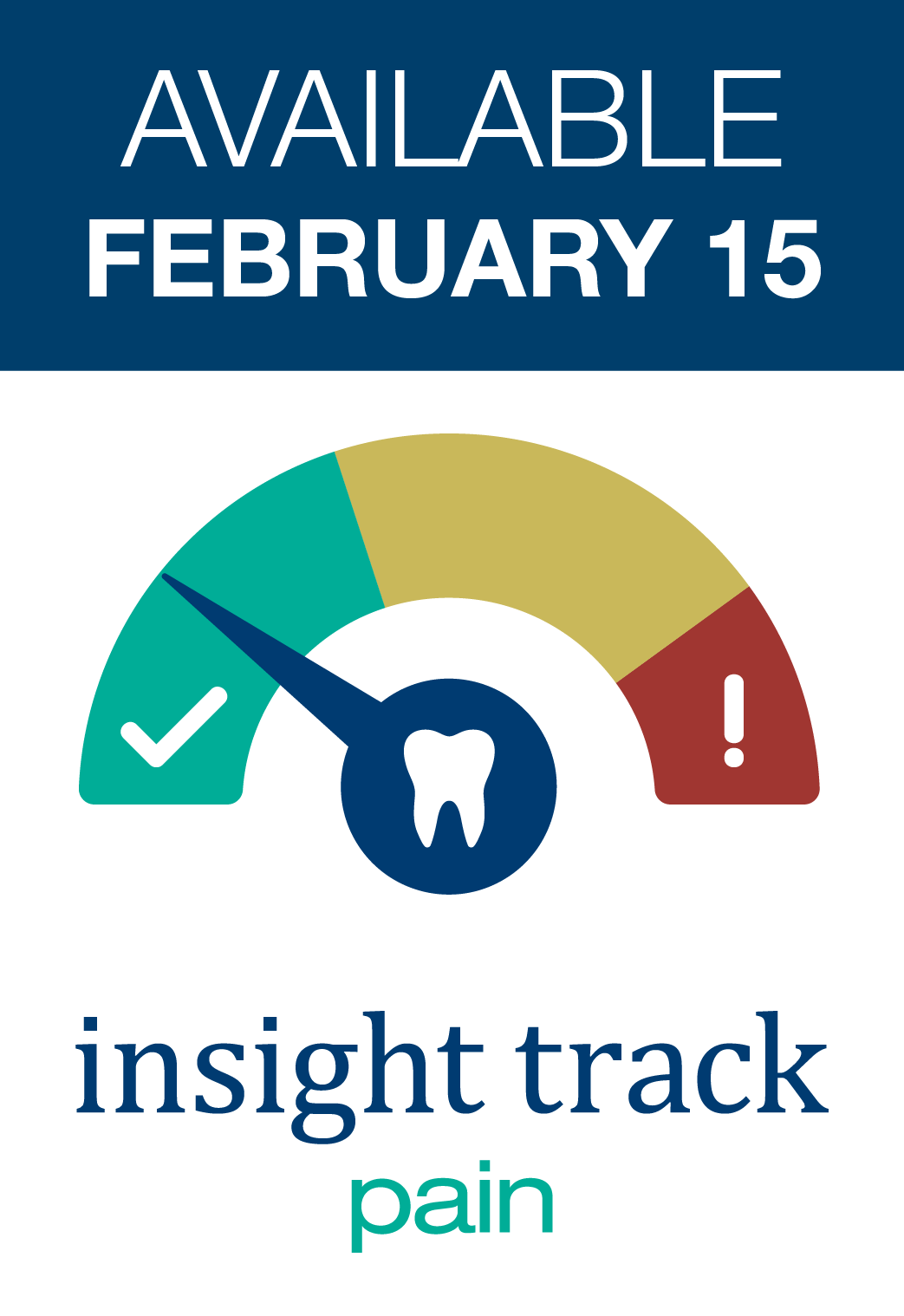
Systematic Reviews for Best Evidence in Dental Traumatology – A Dream?
CE: 0.75
Description: Systematic review and meta-analysis are deemed the highest levels of evidence to inform clinical decisions. This is the case for most disciplines. However, the field of dental trauma presents unique challenges when a systematic review is attempted. A systematic review is a process in which a defined scientific method is applied to the current literature to investigate a specific question. Normally, the best evidence arises from well-conducted clinical trials. When it comes to dental trauma, this is almost impossible. Ethically, it is difficult to conduct a clinical trial 2 to determine the effectiveness of dental trauma treatment. This is an important concept as these injuries often occur in children and the consequences of traumatic dental injuries are life long. Because of the lack of clinical trials, a high quality systematic review is difficult to conduct. In the present literature, there are several longitudinal prospective and retrospective cohort studies available. However, due to inconsistencies in reporting, the studies are not homogenous enough to compare via meta analysis. Despite this difficulty, the International Association of Dental Trauma has compiled existing evidence in combination with expert opinion to establish current dental trauma guidelines. Furthermore, in order to increase the level of existing evidence, a core outcome set has been published. The aim of the core outcome set is to decrease the diversity in the reporting of traumatic dental injuries. If new data is released with the core outcome set in mind, perhaps a systematic review may not be a dream after all.
At the conclusion, participants should be able to:
- Describe the purpose and value of a systematic review
- Discuss how a systematic review is conducted.
- Describe the limitations of a systematic review in the field of dental trauma.
Key:
Danielle Clark, BSc, RDH, MSc Candidate
Danielle Clark RDH, BSc received her Bachelor of Science degree with dental hygiene specialization at the University of Alberta and is currently pursuing a master’s degree in basic sciences. She is practicing dental hygiene at the University of Alberta’s Periodontology Specialty Clinic and serves as a clinical instructor within the division of periodontology. Danielle has published several research papers in the leading international journals in dentistry, dental hygiene and periodontology and has been lecturing both nationally and internationally. Danielle’s research interests include periodontology, implant dentistry, tooth hypersensitivity and oral health.
Danielle Clark, BSc, RDH, MSc Candidate
I declare that I have no proprietary, financial, or other personal interest of any nature or kind in any product, service, course, and/or company, or in any firm beneficially associated therewith, that will be discussed or considered during the proposed presentation.


